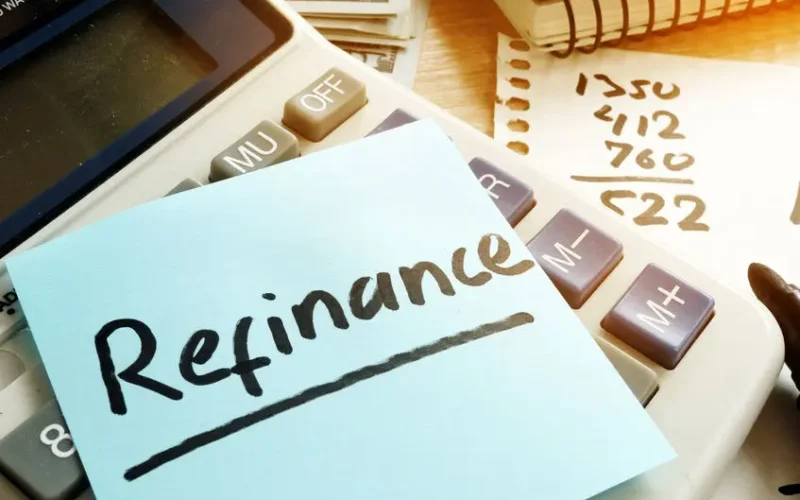The Canada Emergency Business Account (CEBA) loan has been a critical financial lifeline for small businesses and not-for-profits during the COVID-19 pandemic. However, a question that often arises among business owners is whether the CEBA loan requires a personal guarantee. In this detailed exploration, we’ll delve into the specifics of the CEBA loan, focusing particularly on its nature regarding personal guarantees.
Introduction to CEBA
CEBA was introduced as part of Canada’s response to the economic challenges posed by the COVID-19 pandemic. Designed to support businesses in keeping their operations running, it offered interest-free loans of up to $40,000, with a portion being forgivable under certain conditions. Understanding the nuances of this loan, including the obligations it entails, is crucial for businesses that availed themselves of this financial support.
The Concept of Personal Guarantees
A personal guarantee in the context of business loans is a legal commitment by the business owner to repay the loan personally if the business is unable to do so. This is a common requirement for many business loans, especially for small and medium-sized enterprises (SMEs), and it can pose a significant personal financial risk to the borrower.
Is CEBA Personally Guaranteed?
One of the defining features of the CEBA loan is that it does not require a personal guarantee. This means that business owners are not personally liable to repay the loan if their business cannot do so. The decision to exclude personal guarantees from CEBA’s terms was a deliberate move by the Canadian government to encourage more businesses to apply, without the fear of personal financial risk.
Implications of No Personal Guarantee
The absence of a personal guarantee in CEBA loans has several implications:
- Lower Risk for Business Owners: Business owners can avail themselves of the loan without the risk of personal financial ruin if their business is unable to repay.
- Increased Accessibility: This feature made the loan more accessible to a broader range of businesses, including smaller enterprises that might not have strong personal financial backing.
- Encouragement for Application: The elimination of personal guarantees encouraged more businesses to apply for the loan, thereby ensuring wider economic support.
Responsibilities of Borrowers
While the CEBA loan doesn’t require a personal guarantee, borrowers still have responsibilities. These include using the loan amount exclusively for eligible expenses and adhering to the repayment terms to qualify for loan forgiveness.
Impact on Small Businesses
The no personal guarantee aspect of CEBA had a significant impact on small businesses. It provided them with the confidence to apply for the loan, knowing their personal assets were not at stake. This aspect was especially crucial for small business owners who might not have significant personal assets to offer as collateral.
Comparison with Other Loan Programs
In contrast to many traditional loan programs that require personal guarantees, CEBA stood out as a more accessible and risk-free option for businesses during the pandemic. This distinction highlighted the Canadian government’s commitment to supporting businesses through extraordinary economic challenges.
Future Implications
The structure of the CEBA loan, including the absence of a personal guarantee, might influence the design of future government assistance programs. It sets a precedent for providing effective financial aid without imposing undue personal risk on business owners.
Best Practices for Businesses
Businesses that have availed themselves of the CEBA loan should continue to practice prudent financial management. This includes maintaining accurate records of how the loan is used and planning for repayment to meet the conditions for loan forgiveness.
Conclusion
In conclusion, the CEBA loan’s feature of not requiring a personal guarantee was a critical factor in its success and accessibility. It provided necessary financial support to businesses while minimizing the personal risk for business owners. As businesses continue to navigate the post-pandemic landscape, the lessons learned from the CEBA experience will likely shape future economic support initiatives. The approach taken with CEBA reflects a nuanced understanding of the challenges faced by small businesses and highlights the importance of supportive and flexible financial solutions in times of crisis.

